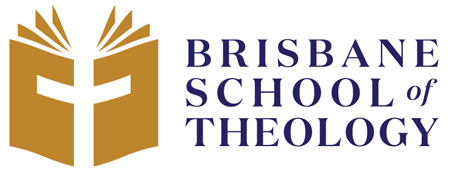
Knowledge of anatomy is a basic tool for medicine, so students who fail anatomy will not be allowed to become doctors. Maths is a basic tool for engineering, so students who fail maths will not be allowed to become engineers. Most of us will say that such standards are proper, especially when our bodies or our houses are on the line. Yet, when it comes to things far more important – our spiritual and eternal wellbeing – our standards and expectations can be so much lower.
A question I am often asked is ‘Do preachers and teachers of the Bible really need to study the original languages?’ My answer to this question is a very loud ‘yes!’ Since God inspired the Bible in Hebrew, Aramaic and Greek, and since Matthew 5:18 assures us that inspiration goes down to “the smallest letter and stroke”, it is important for preachers and teachers of the Bible to have a good working knowledge of the biblical languages not just their modern translations.
Since it is primarily through the Bible that the Spirit sustains, nourishes and leads the Christian’s life and ministry, it is important that preachers and teachers of the Bible make it a priority to understand and teach it in the best way they can. Paul exhorts Timothy, “Do your best to present yourself to God as one approved, a workman who does not need to be ashamed and who correctly handles the word of truth” (2Tim 2:15). It is only with an understanding of the original languages that we can ascertain the central thrust of the text, getting the emphasis right and detecting the different nuances of all the parts. There we unearth hidden treasures for faith and life.
Of course, we believe that even without knowledge of the original languages you can still have an understanding of the gospel and God’s requirements for the Christian life by reading a translation. However, the difference between a translation and the original is like watching a black and white movie from the 1920s over watching Avatar in full-colour 3D with surround sound! People still got the gist of the old movies, and enjoyed them, but anyone who has experienced modern cinema would hardly advocate that we all go back to the old black-and-whites.
It’s also a common misconception that learning and using the biblical languages is incredibly difficult. It requires patience and diligence, of course, but a little discipline over one or two years, under the guiding hand of a good teacher, is sufficient. It is not like learning a modern spoken language, which is a huge undertaking. And regardless of the work involved, we should simply view this learning as a necessary requirement for our pastors and teachers. Just as we would frown on the doctor who failed anatomy or the engineer who was unable to grasp the basics of maths, so we should be strong in expecting our pastors and teachers to know the tools of their trade. Knowledge of the biblical languages is a basic tool for those who are called to teach the Bible – after all, we are called to proclaim God’s word and not our own opinions or feelings.
I would go so far as to say that preachers and teachers of the Bible who do not know the biblical languages are either ignorant of the true nature of their calling or lazy in their execution of it. So if you are aiming to help teach God’s word to His people, please don’t let this be you – don’t dismiss the biblical languages! It is the task of the preacher and teacher to quench the spiritual thirst of believers and offer them the true sustenance of God’s word, and I believe that in order to do that we must understand it in its original form.
[banner text=”Study with Johan”]


